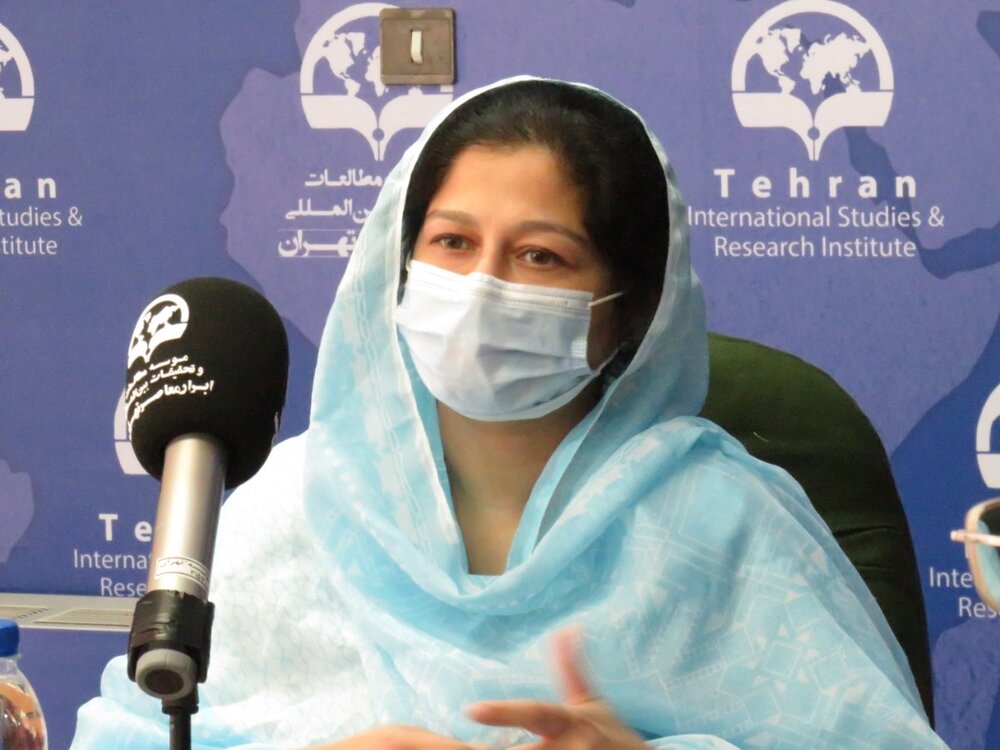Pakistan and Iran should work for peaceful and united Afghanistan

As in Iran, the sudden fall of Kabul to the Taliban has come as a surprise in Pakistan. But there are many who argue that the hasty withdrawal of U.S. forces has left a power vacuum in Afghanistan emboldening the Taliban to take over the country, as former President Ashraf Ghani and his coterie fled the country.
After spending more than 2 trillion dollars and thousands of lives lost, the U.S. and its Western allies failed to address the basic governance failures and massive corruption in Afghanistan. They also failed to realize that 40 years of continual conflict and violence had left ordinary Afghans exhausted and with no appetite at all for further bloodshed.
After all, it is Afghans themselves who have suffered the most, irrespective on whichever side or group they belonged to.
Pakistan and Iran have suffered the most in decades-long conflict in Afghanistan. Both the countries have been hosting millions of Afghan refugees with their own limited resources. There were also other problems that Pakistan and Iran are still facing such as narcotics, drugs and human trafficking.
Despite its negative fallouts and challenges, Pakistan has always extended maximum facilitation to the Afghan people and has been a proud partner in their development. A peaceful and stable Afghanistan is in the interest of Pakistan, and a central pillar of our policy on Afghanistan.
It is important to be aware of “spoilers” within and outside Afghanistan.
Since the beginning, Pakistan has consistently upheld that there was no military solution to the conflict in Afghanistan and the only way forward was a negotiated political settlement. Pakistan shuns human rights violations anywhere in the world whether it be Palestine, Kashmir or Afghanistan. It has always played the role of a facilitator in bringing peace to the country and supports the developmental gains of the past 20 years in Afghanistan particularly in the areas of human rights, education and women’s empowerment.
As a next-door neighbor, Pakistan is cognizant of the fact that chaos, instability and civil war in Afghanistan would have serious implications on the security and stability of the neighborhood. Suffering more than 80,000 casualties and $150 billion losses to the economy, Pakistan is the only country after Afghanistan to have borne the major consequences of the conflict. Over the past 20 years, Islamabad has witnessed bloody attacks by terrorist organizations stationed in Afghanistan and its soil being used in launching activities against Pakistan.
Since the 1990s, Pakistan has continued to urge the international community to remain engaged in the efforts to stabilize the situation in Afghanistan. While the prospects of a civil war in Afghanistan appear to have been averted, continued regional and international support are of paramount importance to ensure that dialogue among various Afghan factions continues. Pakistan has consistently held that it has no favorites in Afghanistan. It supports an inclusive, broad-based and comprehensive negotiated political settlement through an Afghan-led and Afghan-owned peace process as the only solution for lasting peace in Afghanistan.
Prime Minister Imran Khan has called upon the international community to make efforts for an inclusive, participatory political dispensation in Afghanistan. As we move forward, it is important to be aware of “spoilers” within and outside Afghanistan, who would work to destabilize the situation and negate any positive outcome for Afghanistan and its people. Pakistan and Iran, being the direct neighbors, should work towards achieving a peaceful, stable, united and prosperous Afghanistan in the interest of regional peace, economic integration and connectivity.
Leave a Comment